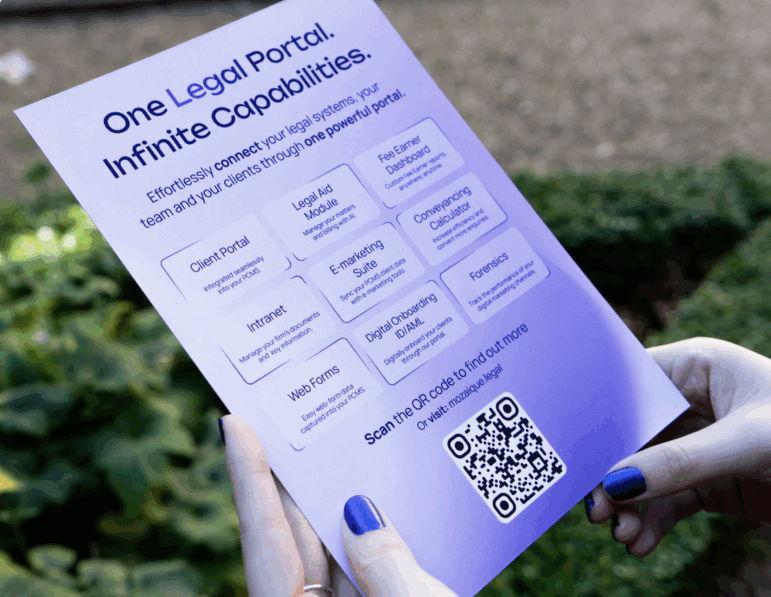Overview
The start of any automation project is generally the most difficult part and perhaps the biggest hurdle to overcome. The delegation of work to team members who are already booked out and busy then ensuring data accuracy around the workflow involved injected to your PMS with no errors are just a couple of the key obstacles a firm can encounter.
With all conveyancing work coming under immense pressure due to the looming stamp duty holiday deadline, the workload for conveyancing teams is sure to increase as more people take advantage of the rate reductions. Perhaps a good area to consider workflow automation?
Here’s our guide on how to run an effective workflow project and your firm could perhaps take the opportunity to ensure it is fully prepared and equipped to handle any new projects that come its way and stand out from the competition of larger firms as well as eliminate the high stakes of missed opportunities or even reduced quality of work for the client.
Partner with legal IT experts
As the legal tech world continues to evolve, new automation software and various apps continue to enter the market. Try to avoid getting lost, confused and those expensive losses due to failed software integrations. Instead, partner with a legal IT expert, ensuring that your firm is given guided, informed and precise advice on what software would most suit your firm.
Enable team buy in
The overall success of the integration will ultimately lie in the hands of the end users. If they are not able to get to grips with the new system, the chances of effectively getting the most out of it will significantly reduce and any money that has been invested could go to waste. Get your team involved right from the start, find out and understand exactly what they want from the system (outcome) and what would be the most useful way of achieving it to avoid any chance of miscommunication and frustration (input).
Explore available automation
Effective case management systems and workflows are available within the market that provide efficient and easy to use solutions by automating frequent daily tasks like the generation of standard correspondence, integrations for HMRC or the Land Registry and more in order to speed up data input requirements and prompts and reminders within a workflow to ensure that key actions or dates are not missed, mitigating the high-risk elements of this type of work.









